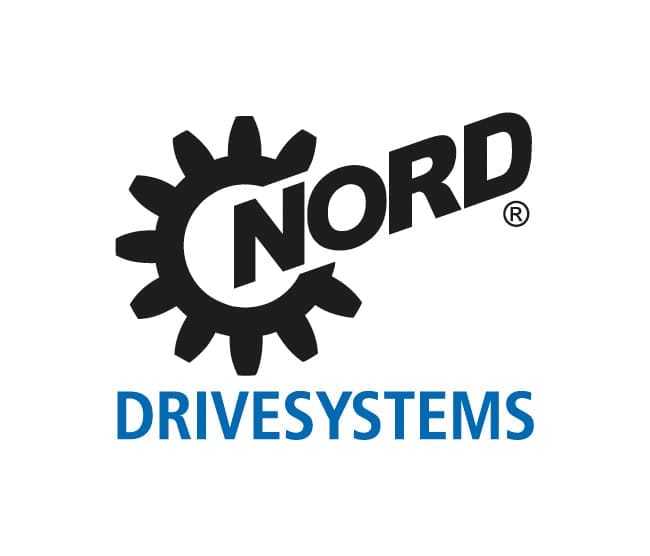How economic can an investment be? If you take the lifecycle of drive systems, only 15 percent of the Total Cost of Ownership is distributed on the purchase price, around 85 percent result from downstream processes. It is therefore important to not only keep an eye on the investment costs when making a purchase decision but also on the costs for energy and the ongoing operation, i.e. administration processes, service and maintenance, spare parts stocking or disposal.

NORD-Whitepaper-TCO.jpg: With drive technology from NORD a system’s Total Cost of Ownership (TCO) can be significantly reduced Image: NORD DRIVESYSTEMS
For cost reductions and increases in efficiency in production a careful consideration of all economic aspects is thus essential. The concept of Total Cost of Ownership (TCO) provides support in this respect.
Energy efficiency and version reduction
The two major factors to reduce the TCO are energy consumption and the number of drive versions used. However, there is a conflict of objectives between the approaches of energy efficiency optimisation and version reduction. Planning a system with drives that are designed for the most energy-efficient operating point leads to optimal investment costs and motors operating comparatively economically, independent of their efficiency class. However, various drive versions must be managed and serviced during the system’s entire life cycle.
While a drive concept mainly focusing on saving energy costs leads to a large number of versions, version reduction aims at exactly the opposite goal, to provide the required torques and speeds in a system with as few different drive versions as is economically feasible. Thus, costs for administration, service and warehousing can be saved, but the energy costs usually increase. It is therefore important to bring in line these conflicting areas in the drive design.
Condition monitoring for predictive maintenance

Continuous monitoring and predictive maintenance also play a central role regarding the reduction of TCO in Industry 4.0 applications. A periodic or continuous recording of drive and status data allows for an early detection of changes and reduction of unscheduled downtimes. The result: an increased system availability, reduced downtimes, lower service and material costs and a longer service life.
NORD-high-efficiency-portfolio.jpg: Drive solutions from NORD for lowering life cycle costs Image: NORD DRIVESYSTEMS
The NORD approach to TCO reduction
NORD DRIVESYSTEMS takes a holistic approach to reducing the Total Cost of Ownership, using the full range of optimisation strategies for identifying and increasing efficiency potential – from the modular system through the use of powerful, durable and economical technologies to the individual TCO calculations and intelligent service and maintenance concepts.
NORD offers drive solutions for lowering life cycle costs, for example:
• with its high-efficiency portfolio (patented DuoDrive geared motor, IE5+ synchronous motor, decentralised frequency inverter NORDAC ON / ON+)
• or with its LogiDrive solution space.





